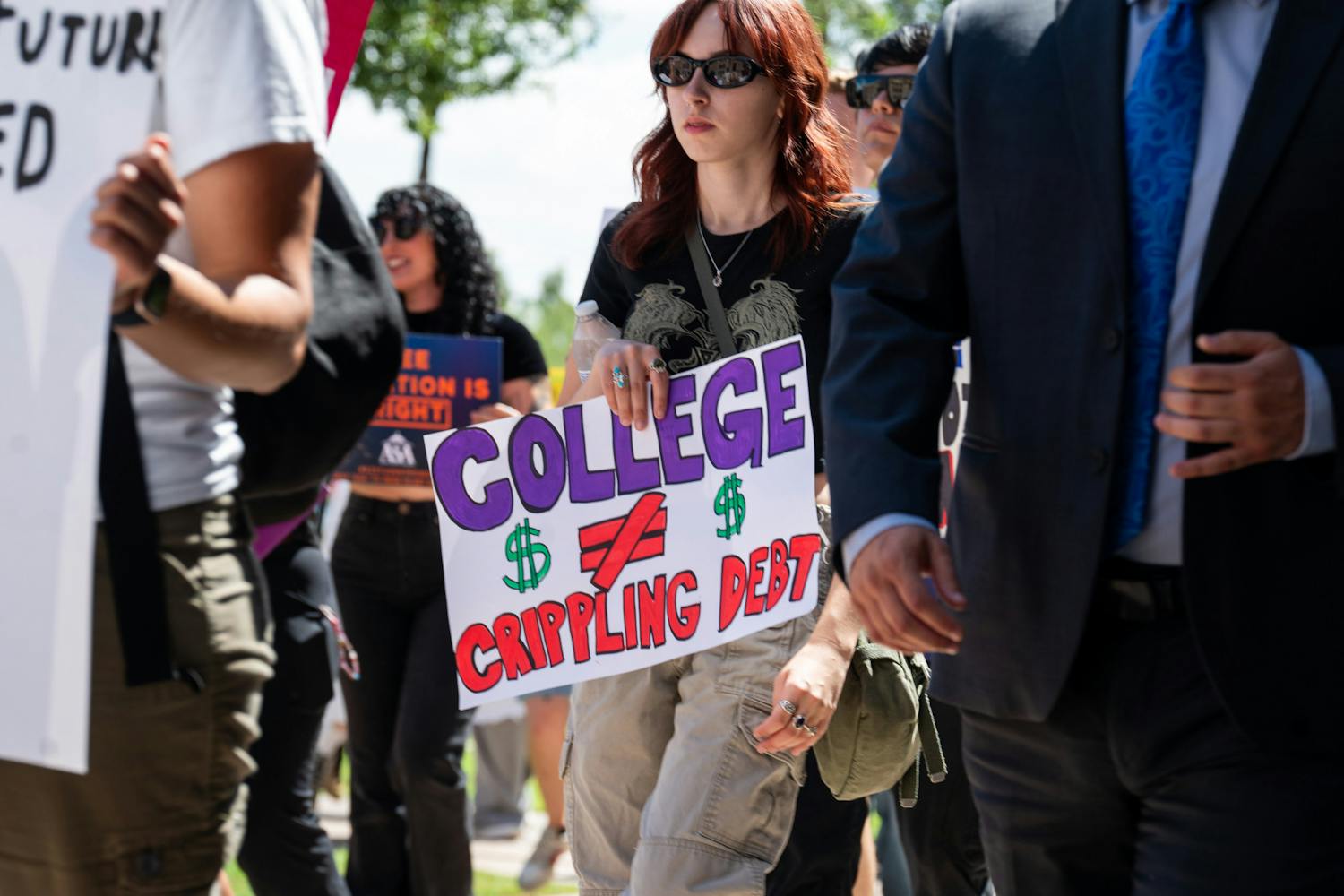With the growing credibility of online degree programs, post-secondary student populations are diversifying rapidly as more and more older adults return to school than ever before. Students age 25 and older saw a 42 percent increase from 2000 to 2010, and another 20 percent increase is expected by the year 2020. For ASU, nearly 20 percent of their student body falls into this demographic.
This new wave of nontraditional learners bring exceptionally diverse and often highly specialized backgrounds, characteristics which have prompted extensive research focused on the learning styles of different aged students.
Research has shown that nontraditional learners are often more self-directed and internally motivated, meaning they require less direct instruction, monitoring and outward praise to succeed. Essentially, the learning styles and needs of older adult learners are different from young adult learners and should be differentiated accordingly in order to garner the best learning outcomes.
ASU is ranked as one of the top 20 schools in the country for students pursuing a degree in education, an honor the University shares with heavy hitters like Harvard, Johns Hopkins, Stanford and Vanderbilt. ASU seems to recognize the importance of teaching the concept of differentiated learning to those students pursuing an education degree, but seems to have little success implementing this concept within its own classrooms.
So why doesn’t ASU practice what it preaches? Why has it largely ignored any and all evidence its nontraditional student population has different needs than traditional college students?
ASU has the opportunity to harness the experiences and acumen of a large group of students within its own classrooms to enrich the learning process and build upon the existing knowledge and skills to elevate the outcomes for all students. Instead, many professors present their students with a pre-packaged, one-size-fits-all syllabus bursting with threats of point deductions for failure to use the correct font or place two spaces between a paragraph instead of one — nonessential details at best that showcase the professors ability to micromanage their students more so than the quality of their instruction.
This process of big-box teaching creates an ASU experience that is more like an extension of a mediocre public high school than a hub of progressive scholarship which advances students to higher levels of thinking and personal responsibility. Perhaps this is an apropos transition for the average 18-year-old college freshman who has likely spent the preceding 12 years in a structured, daily educational environment learning the same basic information as their same age peers, but it is ill-suited for any nontraditional learner.
Adults returning to higher education are doing so for a variety of reasons. When the decision is finally made to return to college, many older adult learners have racked up years of experience in business, entrepreneurship, exposure to different cultures through years of travel and other professional skills that were learned through time and training rather than through a degree.
While big-box teaching certainly minimizes instructor workload, ASU students deserve the time and dedication for which they are paying with their ever-increasing tuition dollars.
If the University is unable to provide all students with a high quality education, then perhaps they should separate their traditional and adult learners so they can more effectively cater to their distinct learning styles.
Reach the columnist at dprobst1@asu.edu or follow her on Twitter @DonnellProbst
Editor’s note: The opinions presented in this column are the author’s and do not imply any endorsement from The State Press or its editors.
Want to join the conversation? Send an email to opiniondesk.statepress@gmail.com. Keep letters under 300 words and be sure to include your university affiliation. Anonymity will not be granted.
Like The State Press on Facebook and follow @statepress on Twitter.



